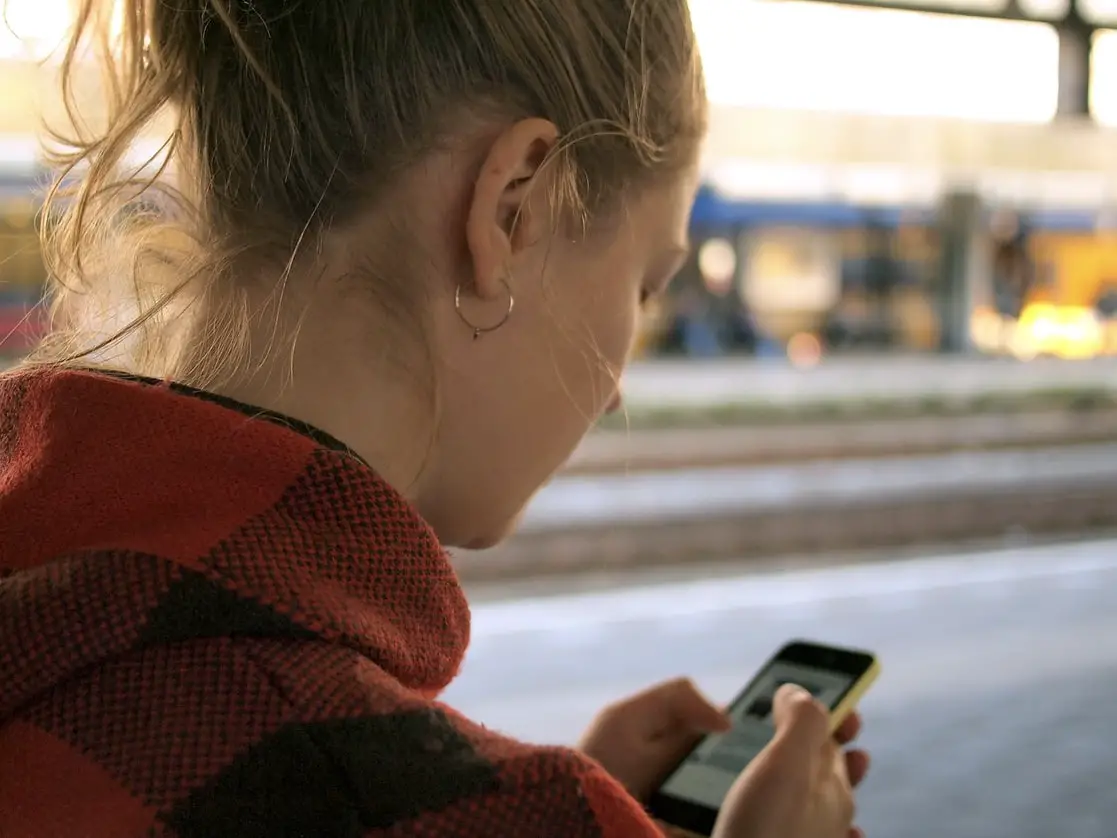American college students have an addiction problem. It’s not drugs or alcohol that we have to worry about, but smartphones. Yes, this sounds out of touch, maybe even boomer-esque, but there is data to back this up. In 2014, University of California, Los Angeles (UCLA) released a national survey that showed 98% of college students use social media, and out of that number, 27% admit to using it more than six hours every day. This is a 7.3% increase from the original number of 19.9% seen in 2007.
Social media is not just a fun pastime for users; it is increasingly affecting the way we socialize. Although, contrary to popular opinion, researchers are debating if those who rely on social media for social interaction would be pursuing face-to-face interactions otherwise.
What is not up for debate is social media’s impact on how we choose and develop our circle of friends. Before the advent of social platforms, there was no real way to filter what kind of strangers you met without interacting with them first. This is uncomfortable, sure, but it’s also a vital part of networking and personal growth.
How Social Media Changes the Way You Socialize
To streamline user experience and keep retention rates, social media platforms carefully curate users’ exposure to information and people. Certain sites like Tumblr and Reddit allow this process to be completely voluntary; it’s up to their users to pick and choose who they follow or what communities they participate in.
Taking the opposite approach are sites like Facebook and YouTube, who are infamous for using hidden background algorithms to soft-censor information that fits their users’ consumption habits without them ever noticing.
Each of the sites’ approaches led to the same outcome: the creation of digital echo chambers that isolate and magnify specific opinions and community cultures. Not only does this lead to the potentially dangerous spread of false information through otherwise discredited organizations, it also makes people less tolerant of opposing views and more hostile when discussing or interacting with those who have them.
These digital echo chambers are a symptom of the larger issue, which is the dehumanization that social media can cause. Humans rely on a complex web of interconnected verbal, physical and facial cues to properly identify people as other humans. We’re just wired that way. Unless we know a person behind the username personally or have interacted with them on a deeper level, we are incapable of completely empathizing with those behind the screen. We process them as a set of traits and information rather than as a complete human being.
A 2015 study by Ipsos Mori found that 50% of social media users between the ages of 18 and 24 believed that social media was making political conversations more divisive and superficial. On the positive end of the spectrum, it also found that those same users believed that social media was providing a vital voice to those who didn’t have one before.
It is currently being debated whether this perceived divisiveness is a function of social media itself, or if it’s the result of current content moderation methods. What isn’t up for debate is the fact that social media has revitalized political participation among voting-aged youth.
https://www.instagram.com/p/B9MbHPPH-Yp/?utm_source=ig_web_copy_link
Beyond the sociological effects of social media, psychologists are worried about how the consumption of it affects young people. In 2010, a University of Maryland study asked 200 students to cut off all social media contact for 24 hours. After the study, the students were asked to blog about their experience honestly; the result was more than 110,000 words blogged. According to the researchers, the students used similar word choice to those describing an addiction to alcohol, with words like “craving,” “anxious,” “antsy” and “miserable” appearing regularly.
It is now widely known that social media triggers the same pattern of dopamine receptors and pathways seen in other types of addiction. This means that social media addiction also shares the same triggers as other addictions — namely, stress, depression and loneliness. Unfortunately, these traits can be exacerbated by the content one views online, which has sometimes been found to make people angrier and more self-conscious over time.
It Invades Your Romantic Endeavors, School Life and Friendships
This pattern of instant gratification and information overload can also negatively impact people’s love lives. Dating sites like eharmony and Tinder have been shown to decrease their users’ abilities to form long-lasting relationships, and people make shallower judgments of prospective partners because these apps reward those behaviors. Although not as powerful, but similar effects are seen in how heavy social media users make and interact with friends.
https://www.instagram.com/p/B9XS9x1H8Gc/?utm_source=ig_web_copy_link
College-aged individuals are remarkably vulnerable to internet addictions. This dependency might even be promoted in schools. The unique combination of stress, new networking requirements, political activism and free time found in college life promotes reliance on social media and the internet in general. This has led to figures of up to 26.3% of university students exhibiting symptoms of pathological social media and internet addiction, compared to an average of 6% to 11% of Americans as a whole.
What Is the Answer?
Researchers are asking whether the growing cases of depression and anxiety can be blamed on social media’s increasing presence in the college-aged population, or if it is a natural result of changing cultural and economic conditions.
Social media does have its advantages. That’s why students are attracted to it, after all. In contrast to opinions claiming that it negatively influences social skills, there exists data that claims the opposite — that social media use among certain individuals is highly correlated with a well maintained social life, and it may help older people maintain a close circle when they otherwise wouldn’t be able to.
There are many questions to be had about social media and its power, but as of now, it seems that moderation is key.

















